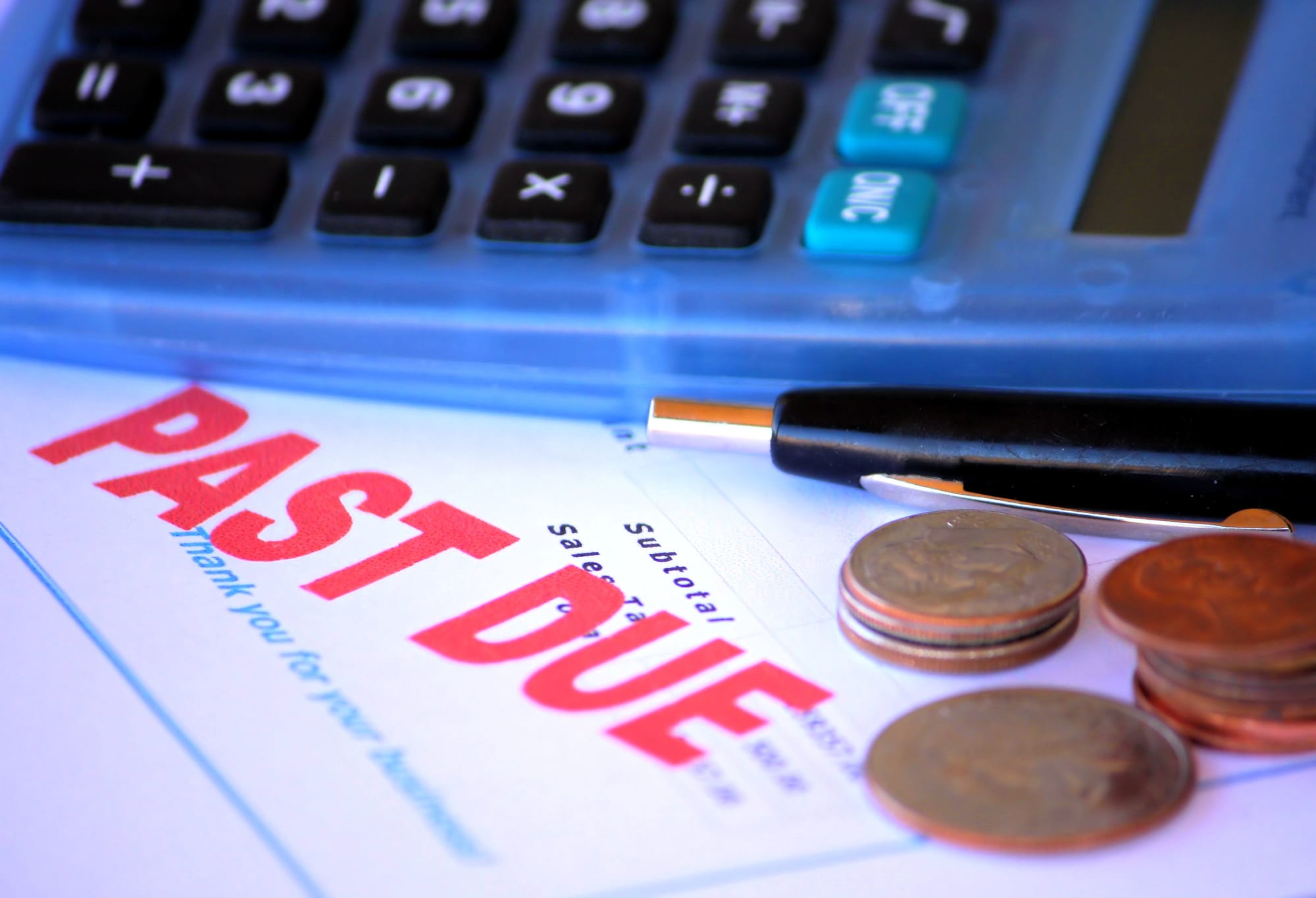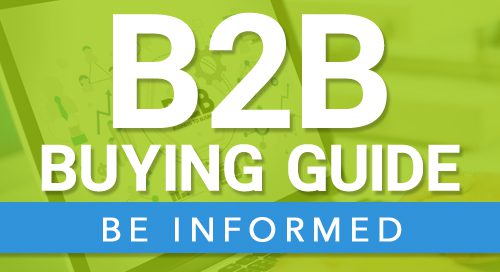
Benefits of Hiring a Debt Collection Agency for Unpaid Debts
Unpaid debts can significantly hinder a business's growth, affecting cash flow and consuming valuable resources. In today's competitive market, maintaining financial stability is crucial. This blog explores the strategic advantages of hiring a debt collection agency, offering businesses a pathway to recovering financial stability by effectively managing unpaid debts. Through expert insights and real-world examples, we'll uncover how these agencies not only expedite the debt recovery process but also allow businesses to focus on their core activities, ensuring sustained growth and success.
Understanding Debt Collection Agencies
Debt collection agencies are specialized firms that act on behalf of creditors to collect unpaid debts. They operate within a strict legal and ethical framework, ensuring compliance with national and international debt collection laws. Distinguishing between first-party agencies (subsidiaries or departments within the creditor organization) and third-party agencies (independent firms contracted by the creditor) is crucial in understanding their operation and the benefits they offer.

Benefits of Hiring a Debt Collection Agency
Improved Cash Flow and Financial Stability
Quick and efficient debt recovery is vital for maintaining business operations. Debt collection agencies expedite this process, directly impacting your business's cash flow and contributing to financial stability.
Expertise and Resources
Agencies bring specialized knowledge of debt recovery regulations and access to resources that individual businesses might not possess. Their expertise in legal processes and negotiation tactics significantly enhances the likelihood of successful debt recovery.
Focus on Core Business Activities
Outsourcing debt collection allows businesses to allocate their internal resources more effectively, focusing on growth and productivity rather than the time-consuming process of chasing unpaid debts.
Reduced Legal Risks
Navigating the complex legalities of debt collection can be daunting. Professional agencies are well-versed in these regulations, minimizing the risk of legal violations that could arise from in-house collection efforts.
Customer Retention
Maintaining positive customer relationships is essential, even in debt recovery. Agencies are skilled in approaching debt collection in a manner that aims to preserve these relationships, ensuring long-term business sustainability.
Cost-Effectiveness
Hiring a debt collection agency can be more cost-effective than pursuing debts internally, especially when considering the potential savings from faster debt recovery and reduced legal risks.

What do Debt Collection Agencies Do With Unpaid Debts?
Understanding the specific roles and responsibilities of a debt collection agency provides clarity on how these organizations serve as invaluable partners for businesses grappling with unpaid debts. Their multifaceted approach to debt recovery encompasses a range of activities, from initial debtor contact to, if necessary, legal action. Here, we explore the core functions of debt collection agencies and how they navigate the complex process of debt recovery on behalf of businesses.
Initial Assessment and Strategy Development
The first step a debt collection agency takes is to conduct a thorough assessment of the outstanding debts. This involves:
- Reviewing the Documentation: Agencies begin by examining the contracts, invoices, and communication records related to each debt. This helps them understand the context and validity of the debt claims.
- Determining the Collection Strategy: Based on the initial review, agencies develop a tailored strategy for each debt. This strategy considers factors like the debtor's financial situation, the age of the debt, and any previous collection attempts.
Communication with Debtors
Effective communication is a cornerstone of the debt collection process. Agencies use a variety of channels to contact debtors, always within the bounds of legal and ethical standards.
- Initial Notices: The first step is often sending a formal notice to the debtor, informing them of the outstanding debt and the intent to collect.
- Negotiation and Mediation: Agencies engage with debtors to negotiate payment terms that are realistic and fair, considering the debtor’s financial situation. The goal is to find a mutually acceptable solution that ensures the debt is paid.
- Persistent Follow-Up: Regular follow-ups are critical to keep the pressure on and remind the debtor of their obligations. This persistence often encourages debtors to prioritize settling their debts.
Payment Processing and Management
Once a payment plan is agreed upon, debt collection agencies manage the process of receiving payments from debtors. This includes:
- Setting Up Payment Systems: Whether through direct bank transfers, online payments, or other methods, agencies facilitate easy payment options for debtors.
- Monitoring Payments: Agencies keep track of received payments, ensuring they align with the agreed terms. They also handle any discrepancies or missed payments, taking appropriate follow-up action.
Legal Action and Escalation
While most debt collection efforts aim for resolution without legal intervention, agencies are prepared to escalate matters if necessary.
- Pre-Legal Negotiations: Before moving to legal action, agencies often make a final attempt to settle the debt outside of court, highlighting the potential consequences of legal escalation.
- Legal Proceedings: If a resolution cannot be reached, the agency may recommend legal action. With expertise in the legalities of debt collection, they can guide businesses through the process, from filing claims to representing their interests in court.
Reporting and Communication with Clients
Throughout the debt collection process, agencies maintain open lines of communication with their clients, providing regular updates on their efforts and any payments recovered.
- Regular Reports: Agencies typically offer detailed reports on the status of each debt, including actions taken and responses from debtors.
- Strategic Advice: Beyond just reporting, agencies can also offer strategic advice on managing credit risks and improving internal credit control measures.
Debt collection agencies offer a comprehensive suite of services designed to recover unpaid debts efficiently and ethically. Their expertise in assessment and strategy development, direct communication with debtors, payment processing, and, if necessary, legal action, provides businesses with a robust support system for managing outstanding receivables. By entrusting the complex task of debt collection to professionals, businesses can not only improve their financial health but also maintain focus on their core operations, secure in the knowledge that their unpaid debts are being actively and effectively pursued.

How to Choose the Right Debt Collection Agency
Choosing the right debt collection agency is a pivotal decision that can significantly impact your business's financial health and operational efficiency. This section delves deeper into the essential steps and considerations for selecting an agency that aligns with your business's values, goals, and financial realities. From understanding what to look for in a potential partner to evaluating costs and taking the initial steps toward engagement, we outline a comprehensive approach to making an informed choice.
What to Look For in a Debt Collection Agency
Industry Experience and Reputation
Select an agency with a proven track record in your industry. Experienced agencies understand specific challenges and regulations relevant to your sector, enhancing the likelihood of successful debt recovery. Additionally, assess the agency's reputation through reviews, testimonials, and possibly even direct referrals to gauge their reliability and effectiveness.
Compliance and Ethical Standards
Given the sensitive nature of debt collection, it's crucial to partner with an agency that adheres strictly to legal and ethical guidelines. Ensure they are compliant with laws such as the Fair Debt Collection Practices Act (FDCPA) in the United States or equivalent regulations in other jurisdictions. Ethical practices not only protect your business from legal risks but also help maintain your company's image and customer relationships.
Collection Techniques and Success Rates
Inquire about the agency's collection strategies and success rates. Effective agencies employ a balanced mix of negotiation, mediation, and, when necessary, legal action to recover debts. Understanding their approach can provide insights into how they will represent your business and the likelihood of recovering your outstanding receivables.
Communication and Transparency
Clear and regular communication is essential for a successful partnership. The right agency will offer transparent reporting on their activities and the status of your accounts, providing you with the insights needed to make informed decisions about your financial strategies.

Evaluating Costs
The cost structure of debt collection services can vary significantly between agencies, often based on the complexity of the debts, the volume of accounts, and the success rates. Common pricing models include:
- Percentage-Based Fees: Many agencies operate on a contingency basis, charging a percentage of the total amount collected. While this can be cost-effective since fees are only incurred on successful collections, rates can vary widely.
- Flat Fees: Some agencies offer flat-fee services for specific actions, such as sending demand letters. This can be a predictable, upfront cost but may not cover the full spectrum of collection services.
- Retainer Models: For ongoing services, some agencies may charge a retainer fee, providing continuous support and recovery efforts for a set of accounts.
Evaluating these costs against the potential recovery of unpaid debts is critical. Consider not only the immediate fees but also the long-term impact on your cash flow and financial stability when choosing an agency.
Getting Started
Once you've identified potential agencies that align with your needs, the process of engagement typically follows these steps:
- Initial Consultation: Most agencies offer a free initial consultation to discuss your needs, provide an overview of their services, and outline potential strategies for your unpaid debts.
- Due Diligence: Perform thorough due diligence by verifying the agency's credentials, asking for references, and reviewing their contract terms carefully. Ensure you understand their fee structure, collection processes, and how they will communicate with you.
- Agreement and Onboarding: Once you're satisfied with an agency's credentials and terms, you can enter into an agreement. The onboarding process will involve sharing information about your outstanding debts and discussing specific strategies and expectations.
- Monitoring and Evaluation: After the agency begins its collection efforts, monitor their performance through regular reports and meetings. Evaluate their effectiveness and ensure their practices continue to align with your business's values and goals.
Choosing the right debt collection agency is a strategic decision that can enhance your business's financial health. By focusing on experience, compliance, costs, and communication, you can select a partner that will effectively recover outstanding debts while upholding your business's reputation and customer relationships.
The decision to hire a debt collection agency offers businesses a strategic advantage in managing unpaid debts, leading to improved financial stability and allowing focus on core operations. If unpaid debts are impacting your business, consider partnering with a professional debt collection agency as a step towards securing your financial future and sustaining growth.
Author: Hudson Piccini
Hudson Cynar, a Harvard University alumna and the owner of three prosperous enterprises, is a distinguished business consultant, author, and writer. Her expertise spans multiple business sectors, with a particular emphasis on storage containers, commercial copiers, payroll services, and medical billing software. Dedicatedly investing thousands of hours into product and service research, Hudson crafts insightful reviews to guide entrepreneurs in making informed decisions for their businesses.
